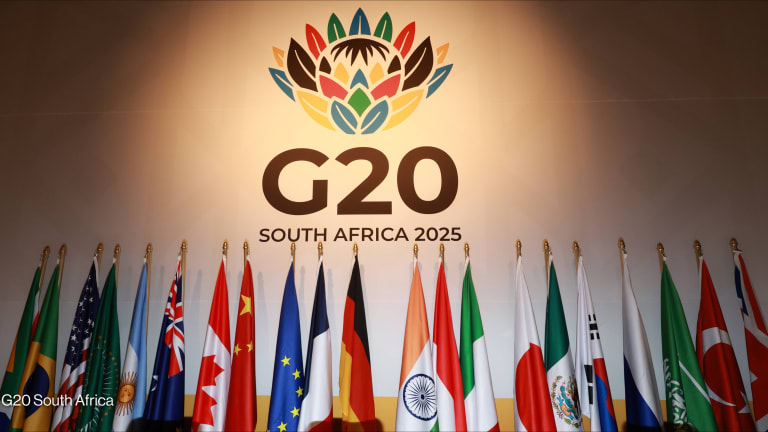India has big health goals for its presidency of the Group of 20 leading economies.
The government has set three broad priorities — improving health emergency prevention, preparedness, and response, or PPR; strengthening pharmaceutical sector cooperation; and improving universal access to digital health innovations.
Following three health working group meetings, health ministers from the G20 countries are set to convene later this month in Gandhinagar, in western India, to discuss how those priorities could translate into actual commitments in the leaders’ declaration in September.
Printing articles to share with others is a breach of our terms and conditions and copyright policy. Please use the sharing options on the left side of the article. Devex Pro members may share up to 10 articles per month using the Pro share tool ( ).








